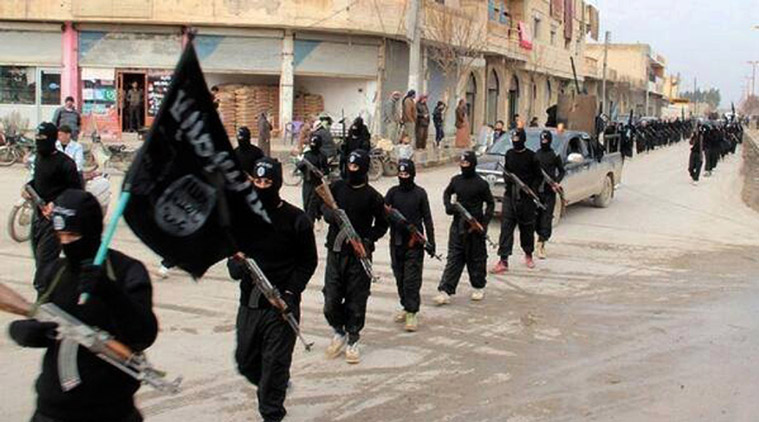New U.S. sanctions illustrate sprawling Islamic State network
The Treasury Department said its sanctions on 15 individuals aimed at cutting off the Islamic State’s financial network to hamper their ability to finance associated groups and to purchase supplies. “We will continue to consider whether more individuals should be subjected to the sanctions”, a Downing Street spokesman said Monday, as quoted by the Guardian newspaper. The official called the sanctions “a real ramp-up in our efforts” to prevent Islamic State militants from using the worldwide financial system to spread its cash and influence by supporting affiliated groups.
The new round of sanctions will put up barriers for individuals to travel and make financial transactions, a step that administration officials described as necessary given the Islamic State’s deep pockets. Sally Jones, a British native and the widow of an IS operative killed recently in an American drone strike, is among the people designated as terrorists. The groups designated as foreign terrorist organizations include regional affiliates in a diverse set of regions from Algeria to Indonesia to the Caucasus region to the Sinai Peninsula.
“The Department of State’s designations today, and those carried out by the Treasury Department, highlight the scope of the foreign terrorist fighter challenge facing the global community”, according to the State Department. The action came just ahead of a Leaders’ Summit on Countering ISIL and Violent Extremism, due to be held on Tuesday on the sidelines of the United Nations General Assembly meetings in New York. It is “about trying to financially isolate ISIL within the territory it controls, making sure its financial resources do not turn into financial strength”, said the official. The State Department designations mean that anyone who supports the individuals or groups can be prosecuted under US law. Officials said the group has earned about $500 million a year from oil sales as well as millions of dollars in extortion, taxation, and the sale of looted antiquities, which more than covers the group’s estimated $300 million payroll.
Notably, the US believes al-Qaida and the Islamic State have been working together on a tactical level, despite official hostility to one another.
In November 2013, al-Rumaysh sent a group of Yemeni extremists to Turkey, Treasury said, and they made their way to an AQAP facilitator in Syria.








